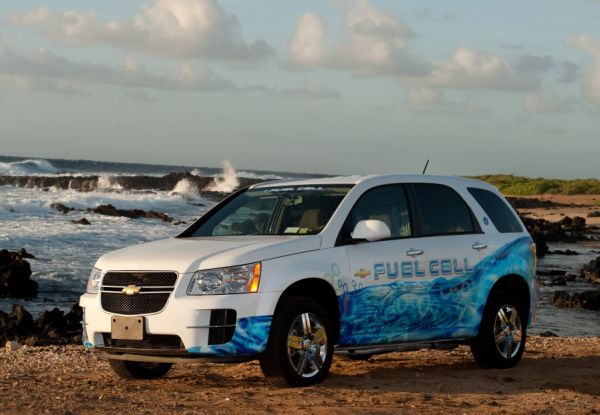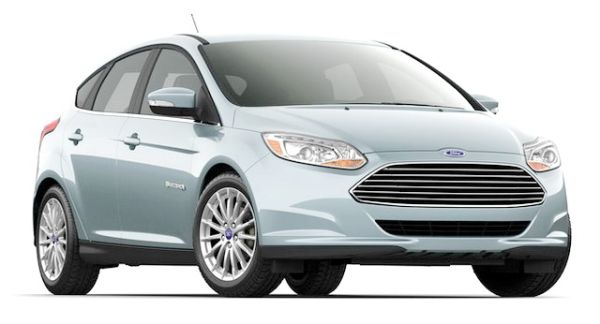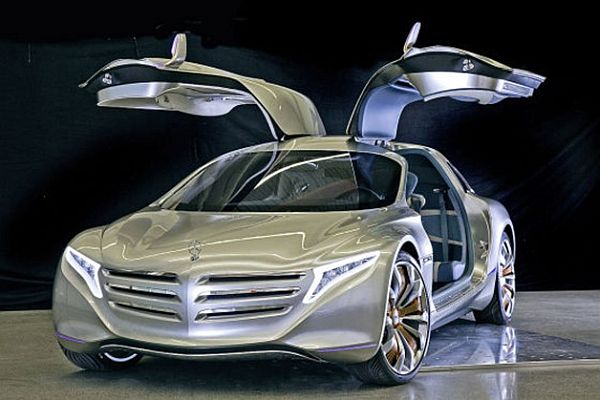
Why we are asking this now?
You may have gone through a recent report from Pike Research on fuel cell vehicles (FCVs). The study reveals that by 2020 total commercial sales of fuel cell vehicles will surpass $16.9 billion. As per the report, there will be a boom in demand for FCVs in passenger car industry in coming years. It will end up in the massive distribution of FCVs across the world, especially in Asia Pacific region. As of now there are enough reasons to think that there will be a massive increase in production and sales of FCVs. Leading automakers such as Toyota, GM, Daimler, Honda, and Hyundai have recognized the significance of FCVs in the world’s seek for green alternatives in anything at all.
Is it really that serious?
The idea of FCVs is largely serious. Fuel cell vehicles or fuel cell electric vehicle (FCEV) is kind of hydrogen vehicle that sports a fuel cell to generate electricity. There comes no need of charging the vehicle tying up with an electricity outlet. Fuel cells are capable to power the on-board electric motor using hydrogen and oxygen from air. As a result, the biggest challenge with electric vehicles, i.e., to find charging outlets, gets done away with. As long as the vehicle travels, the power to propel the engine will be generated on-board.
What others are saying
According to Pike Research’s analysis, around 10,000 FCVs will take to the streets within next three years. 57,000 FCVs will be sold out across the world in 2015, and the sales will soar to 390,000 annually by 2020. Leading automaker Toyota, for example, will start producing more FCVs in the coming years. Many other companies will join the frenzy for a green world. See what the Pike Research analysts say in their report,
Fuel cell development for cars and trucks remains largely noncompetitive, and the emergence of standards for components such as refueling nozzles, tank specifications, and pressure lines should help drive the technology toward wider adoption.
The developments:
The concept of fuel cell vehicles has really born from the deliberations on more reliable electric automobiles. Indeed, along with the spread of electric vehicles, there arose an uncertainty over getting the batteries charged when they drain out on highways. Fuel cell technology has its origins in the middle of the twentieth century. Related with the Cold War Space Race, Project Gemini and Apollo Program, there were some fuel cell projects with the scientists. However, the idea of charging electric vehicles with fuel cells is indeed new; and it is now gaining huge attention from researchers, automobile engineers and, of course, automakers across the globe.
The main hurdles:
Large and awkward: A hydrogen fuel cell is three times bigger than your gasoline vehicle’s fuel tank. That is, a better portion of your vehicle will be occupied by fuel cell.
Safety issues: If there is too much pressure inside the fuel cell, chances are high that there will be some safety issues. In such situations, fuel cell will explode, analysts warn. So is the case in accidents; chances are there that fuel cells will blow up in severe clashes. The good thing is that hydrogen evaporates quickly; so accidents in open highways will not be that dangerous for the passengers as hydrogen will soon fade away.
What can be done?
More researches and studies to fix the hurdles one by one will result in more effective fuel cell vehicles. Researches in the area are still in their nascent stage; researchers have just identified the green aspects of the method. Of course, as researches will move on, we will have more fuel cell vehicles solutions in future. Leading automakers will come up with more FCVs to meet their carbon footprint limits in the next several years. As a result, the concept of fuel cell vehicles will grow, and our earth and environment will get into no more troubles. We can face up with the critical situations like climate change and global warming quite brilliantly.




